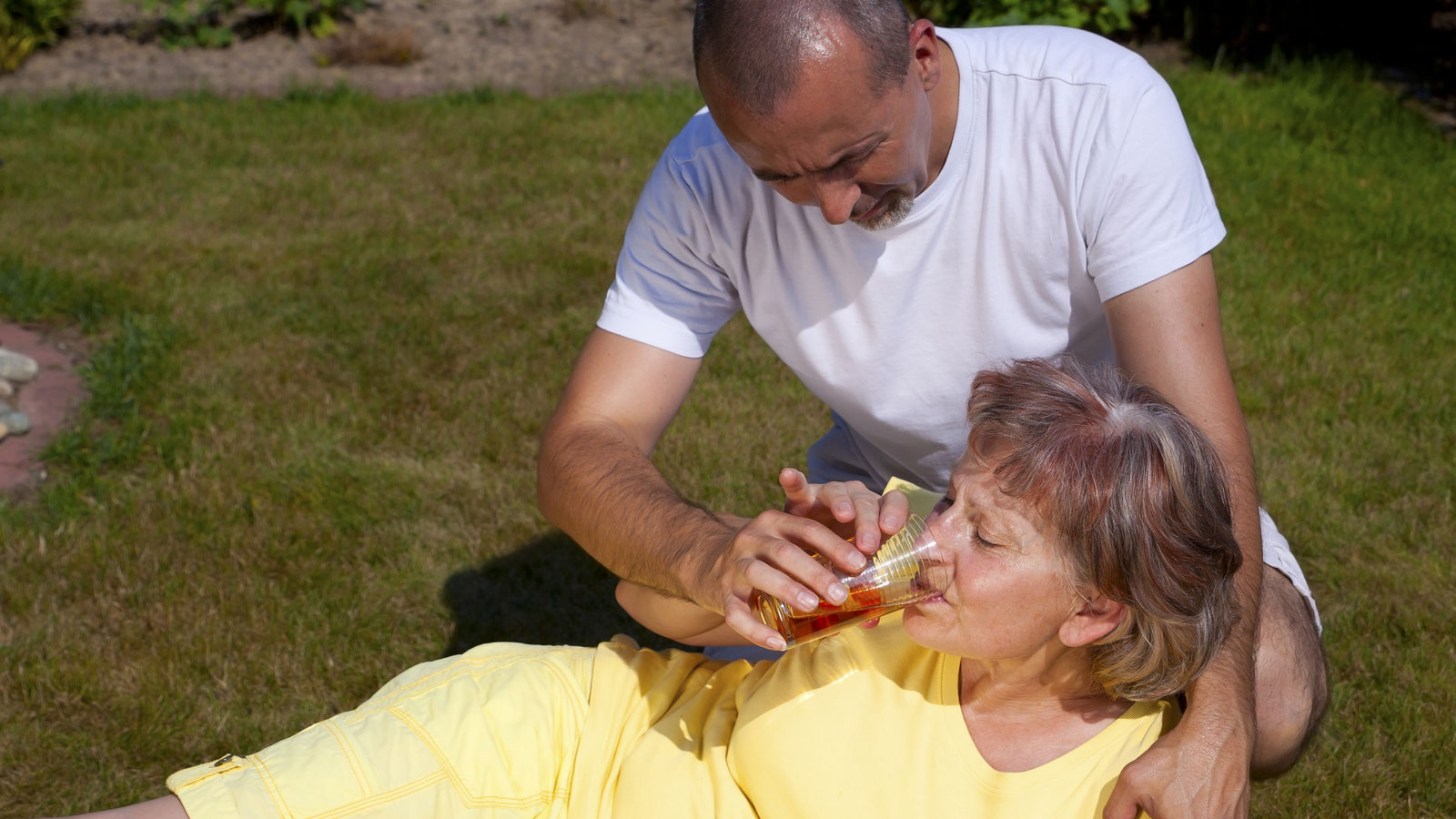If you have ever found yourself overheated, you know how unpleasant it is. But you may not know how dangerous it is – and how much more of this kind of danger we’re facing as the planet warms up.
Those who live where it’s often hot generally know what to do to protect themselves from overheating, though whether they are able to do these things is another matter. Those who live in more temperate places have much to learn – about the effects of high heat for a few hours or a few days and nights, effects both short and long-term, on both bodies and minds; about what makes some more vulnerable than others; and about ways to cope as both individuals and societies.
Let’s start with a few good overviews:
- Extreme heat risks may be widely underestimated and sometimes left out of major climate reports, Bob Berwyn, Inside Climate News, 2021. Supplement this with ‘Fun in the sun’ photos are a dangerous distraction from the reality of climate breakdown, Saffron O’Neill, The Guardian, 2022.
- Heat waves to drastically worsen in Northern Hemisphere, studies warn, Kasha Patel, Washington Post, 2021.
- How extreme heat kills, sickens, strains, and ages us, Raymond Zhong, The New York Times, 2022.
It’s easy to find information online about symptoms of and treatments for overheating, including from major health institutions, such as the Mayo Clinic, the CDC, and the NIH. Try searching health plus heat stress, heat waves, extreme heat, heat index, wet-bulb. Those last two terms are worth learning: heat index is basically how hot it feels in the shade, while the wet-bulb temperature takes humidity and other factors into account.
These newspaper pieces are also informative:
- Study reveals effects of extreme heat on tens of millions of Americans, Katharine Gammon, The Guardian, 2021.
- Why you need to worry about the ‘wet-bulb temperature’, Jocelyn Timperley, The Guardian, 2022.
- Humidity and heat extremes are on the verge of exceeding limits of human survivability, study finds, Andrew Freedman and Jason Samenow, Washington Post, 2020. Or for a similar story without a paywall, Global heating pushes tropical regions towards limits of human livability, Oliver Milman, The Guardian, 2021.
Here are two especially vivid pieces focused on the lived experience of extreme heat, followed by two slightly offbeat supplements:
- In Jacobabad, one of the hottest cities on the planet, a heat wave is pushing the limits of human livability, Zoha Tunio, Inside Climate News, 2022.
- Living through India’s next-level heat wave, Dhruv Khullar, The New Yorker, 2022
- If you have read Kim Stanley Robinson’s Ministry for the Future, you might follow the two previous pieces with this conversation between a reader and the novelist: I can’t stop thinking about the first chapter of this climate change novel, Rebecca Onion, Slate, 2021.
- From a heat researcher who grew up in Uttar Pradesh, India, Dr. Gulrez Shah Azhar (NPR): Life hacks from India on how to stay cool (without an air conditioner)
Not unexpectedly, some individuals and groups of people are more vulnerable than others to the threats of extreme heat. These two pieces are especially well-done introductions to this huge problem:
Of course, many people all over the world are hard at work figuring out ways to reduce the damage done by extreme heat – for individuals and also for larger groups and places. Here’s one article to spur your interest in such adaptations: Record-breaking heat waves show we need to adapt to the climate crisis now, Beatrice Christofaro, DW, 2022. And, if you are in a position to do something on a larger-than-personal scale, try spending some time with the Global Heat Health Information Network.
This series is curated and written by retired Colorado State University English professor and close climate change watcher SueEllen Campbell of Colorado. To flag works you think warrant attention, send an e-mail to her any time. Let us hear from you.


